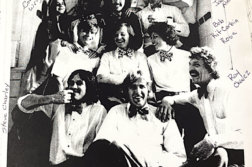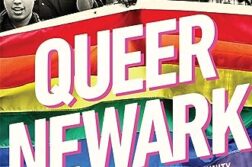Published in: March-April 2008 issue.
Dear Mr. Brokaw:
I write with no small indignation at the total absence of any slightest reference to the gay movement for civil equality in your bestselling book Boom! Voices of the Sixties. Your book simply deletes the momentous events of that decade that led to the vastly altered and improved status of gays in our culture today. This change would have been inconceivable at the start of the 60’s and would not have occurred at all without the events of that decade—events that are utterly ignored in your book. How can this book be subtitled “voices of the sixties” when it doesn’t include a single gay voice in 688 pages? The silence is as complete as it is deafening.
Franklin Kameny is an activist who helped initiate gay militancy in the early 60’s. He coined the slogan “Gay is Good” in 1968 and is widely regarded as one of the “founding fathers” of the GLBT rights movement.





